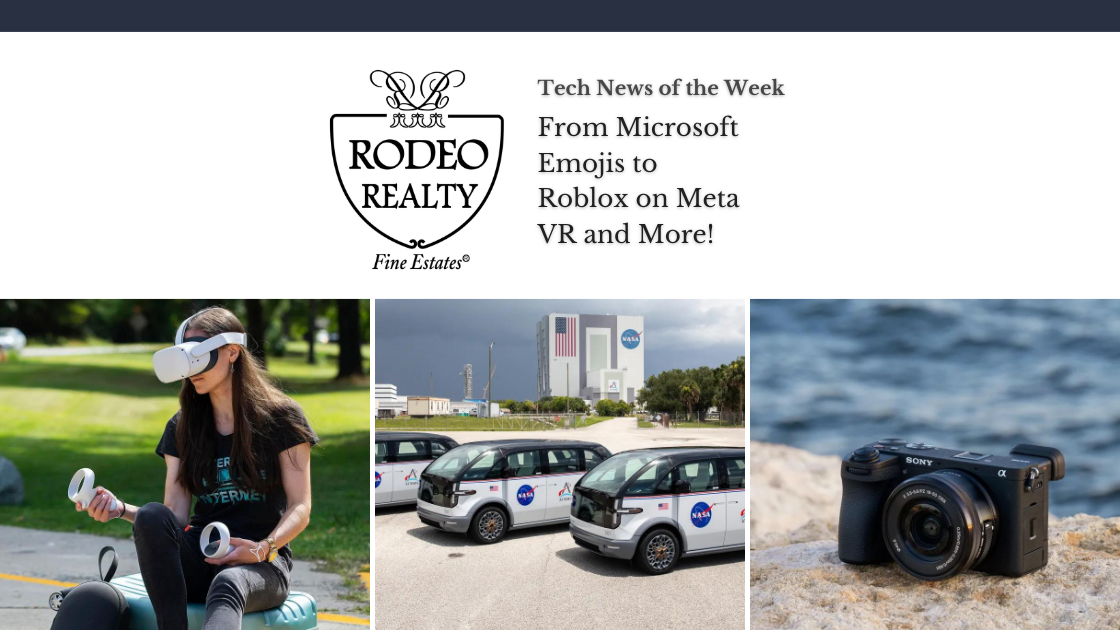Dive into the leading tech headlines of the week. From Microsoft Emojis to Roblox on Meta VR and more, we have you covered. Read on below to stay in the know of what’s happening in the world of tech and media!
Sony’s Latest A6700 Brings Top-tier Autofocus to a More Budget-friendly Camera
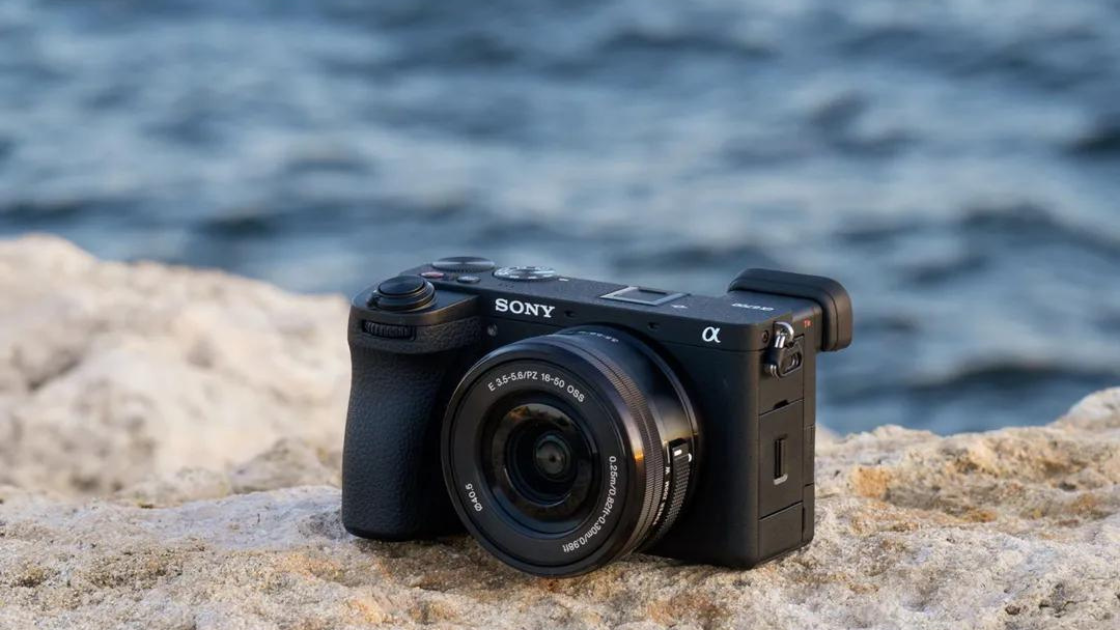
Sony’s newly released A6700 APS-C mirrorless camera brings the company’s high-end autofocus technology to its more affordable A6000 series. The A6700 is a 26-megapixel camera offering an improved 4K video capacity. The camera is priced at $1,399.99 for the body alone. In addition, it inherited the advanced AI processing and autofocus capabilities of Sony’s premium A7R V camera. This AI enhancement allows the A6700 to identify more detailed subjects. The vari-angle-style touchscreen LCD offers a wider viewing angle and brighter OLED screen.
Microsoft is Nearing the Release of the Much-Anticipated 3D Emoji for Windows 11
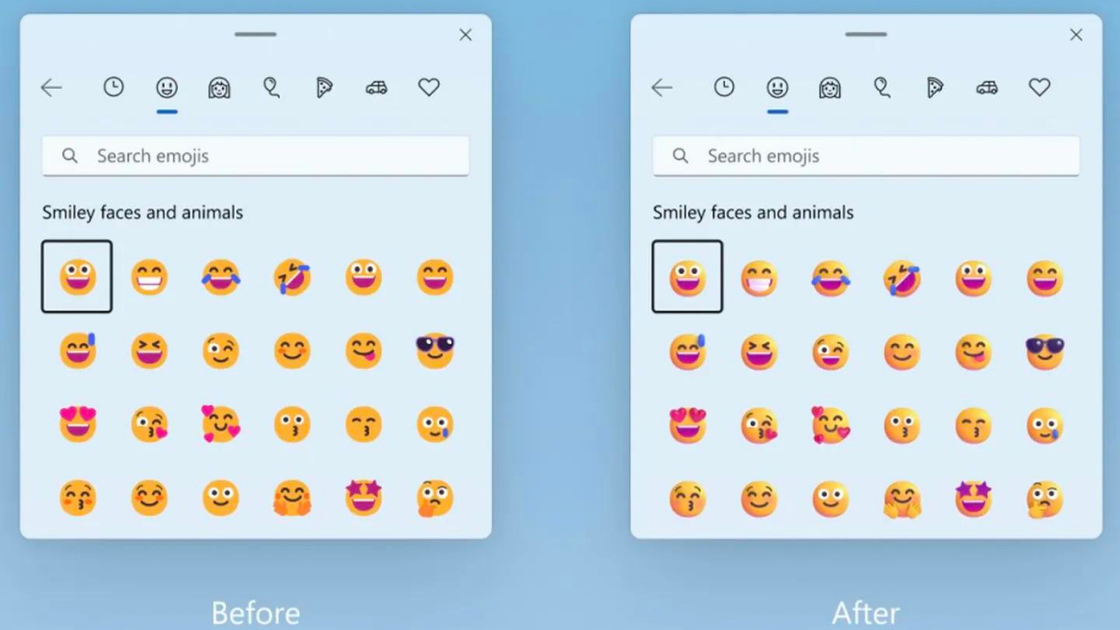
Microsoft has released a new Windows Insider Preview Build (25905), which will introduce modern 3D emoji across the operating system. These updated emojis feature a gradient style. Likewise, the update gives the emojis a 3D appearance. Thanks to the new 11 COLRv1 color font format in Windows 11, the system can now exhibit 3D-like emojis. The emojis will also be available in some apps and browsers. To access the new emoji, users need to be part of the Windows Insider program and update to the latest build.
NASA Unveils New Canoo Electric Vehicles for Transporting its Artemis Crew
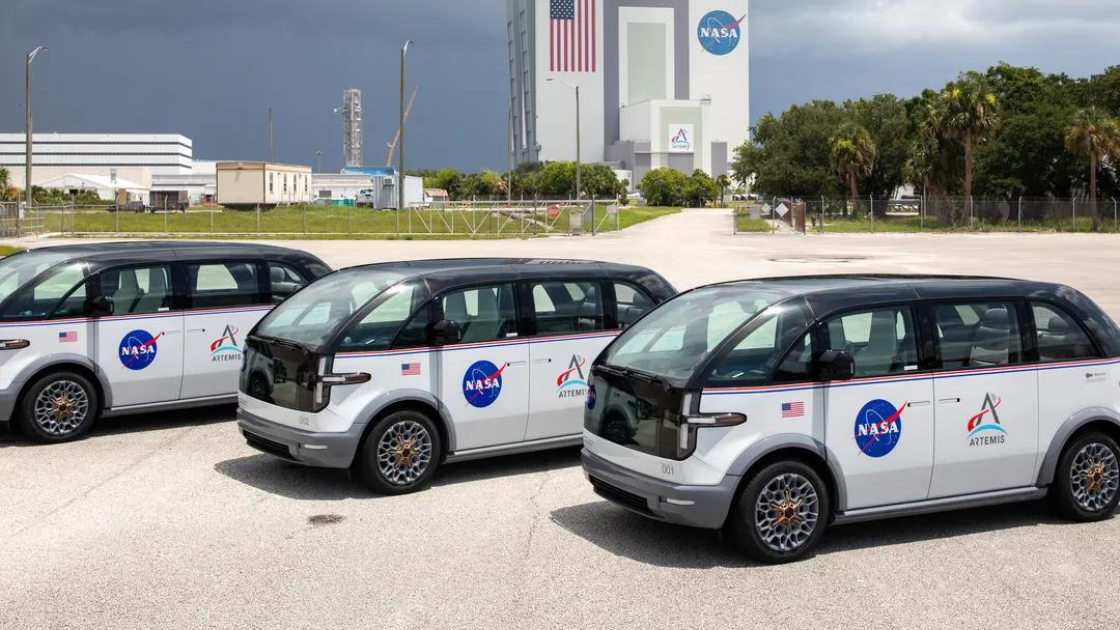
NASA has recently acquired a fleet of three custom-made, all-electric vans. The vehicles are from EV startup Canoo, intended to transport the Artemis crew at Florida’s John F. Kennedy Space Center. These vehicles will also be used for astronaut training exercises ahead of the Artemis II mission. The mission is planned for next year and is set to take astronauts around the Moon and back. This would be the first crewed mission beyond low Earth orbit since 1972. Following a successful Artemis II, the Artemis III mission in 2025 aims to land a crew on the Moon. The design of the vans involved input from NASA’s creative team and the Artemis launch director.
Roblox is Set to Launch on Meta’s Quest Virtual Reality Headsets
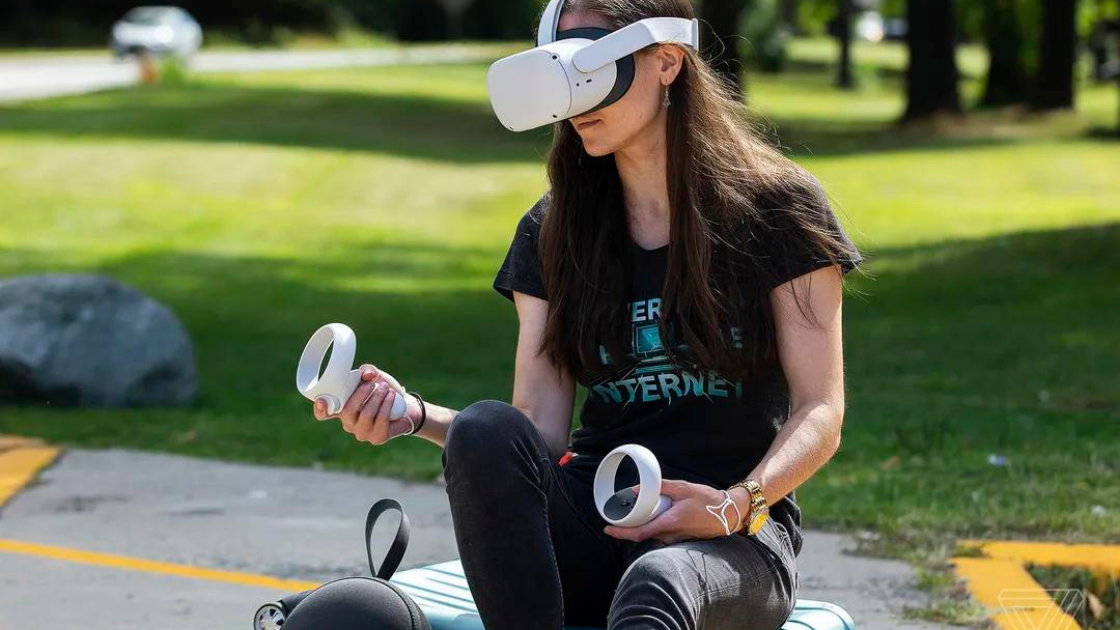
Roblox is set to launch on Meta’s Quest VR headsets, with an open beta anticipated in the coming weeks, as per a recent Meta blog post. This version of Roblox will be compatible with Quest 2 and Quest Pro and will also work on the upcoming Quest 3. Meta reveals that Roblox is publishing some experiences to support VR devices from the start, many of which can be run in VR without modifications. With over 15 million active experiences currently on the platform, the Quest version of Roblox will also support cross-platform play, allowing interaction with players on Xbox, mobile, and desktop. While Roblox has been playable on VR through PC-based headsets, this new Quest-optimized version, available as an app from the Meta Quest Store, should offer an easier set-up and potentially attract more players to engage with Roblox in VR.
Elon Musk’s New Venture, xAI, Debuts with an Ambitious Goal to ‘Decipher the Universe’s True Nature’

Elon Musk’s newly established AI company, xAI, has officially announced its mission to “understand the true nature of the universe,” as detailed on its newly launched website. The team, led by Musk, consists of experts from renowned AI organizations, including OpenAI, Google Research, Microsoft Research, and DeepMind. Key team members include Igor Babuschkin, Manuel Kroiss, Yuhuai (Tony) Wu, Christian Szegedy, and others, with Dan Hendrycks serving as an advisor. Despite being a separate entity, xAI plans to maintain close ties with Musk’s X Corp, Tesla, and other companies. xAI first came to public attention in April when filings indicated Musk had founded the company in Nevada, and speculation suggested that Musk sought funding from SpaceX and Tesla to kick-start the venture.
Google’s AI-Driven Note-Taking App, Now Named NotebookLM, Debuts Today

Google has unveiled the rebranded version of Project Tailwind, its AI-backed note-taking tool. Now called NotebookLM, the product launched for a select user group in the US. The functionality remains the same, with the goal of providing users their own personal AI. The app allows users to select documents, ask questions about them, and create new content. Google hopes the tool will enhance the model’s responses and reduce inaccuracies. Google assures users that NotebookLM only has access to selected documents. Currently, access to NotebookLM is only available via a waitlist in Google Labs.
